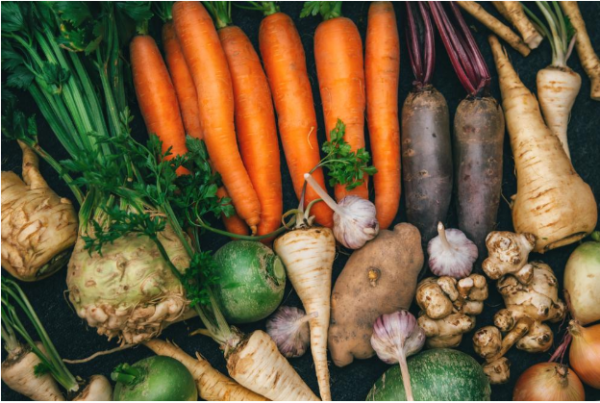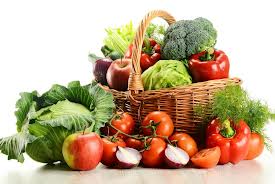Are you an avid gardener? Looking to widen your gardening skillset by growing your very own root vegetables? If so, this is the article for you. Root vegetables are composed of a variety of vegetables, ranging from the most common ones such as Beetroot, Carrots, Parsnips and Onions all the way to more unusual varieties such as Horseradish and Celeriac. Regardless of what kinds of root vegetables you are looking to plant in your garden, there are certain tips and tricks that every gardener should follow to ensure a bountiful harvest. Today we look at some of the top tips when it comes to growing your own root vegetables, so read on to find out more!

- Moisture Is Key
When growing root vegetables, moisture is key. Moistening the seedbed before sowing is an absolute essential. The top tip for growing healthy root vegetables is to ensure low volume but frequent and even moisture to aid in germination. You can do this by pre-irrigating your seedbeds with the help of various irrigation supplies which will help you ensure that your beds are routinely watered and always kept moist. Many expert farmers also take this one step further by covering pre-moistened rows with fabric or grass clippings to keep moisture in whilst waiting for seedlings to emerge. A good irrigation system is an absolute necessity when looking to grow your own root vegetables!
2. Consider the Seasons
When growing your own root vegetables, timing is a key factor. Root vegetable crops often prefer to mature in cool weather, which is why many farmers tend to plant their crops between November to January so that they are ready for Autumn harvesting. Planting in cooler weather ensures that the colours of your roots develop more vibrantly, grow better and taste the best. Always remember to carefully select your varieties in accordance with the seasons, saving the faster maturing varieties for Spring and slower maturing varieties for Autumn harvest storage.
3. Ensure Sufficient Space
Root crops, especially Onions and Carrots, often require a fair amount of space to ensure optimal growth. One of the best tips is to thin out young seedlings when they are about 1 month old by either snipping them or pulling them out until they are properly spaced. A rule of thumb is to ensure that crops such as Onions are at least 4 inches apart, whilst carrots need at least 3 inches apart. Potatoes needn’t be thinned, but it is important that you plant them at least 8-10 inches apart for optimal growth.
4. Pay Attention to Your Soil
All root vegetable crops prefer soil that is loose, well drained and fertile. Root crops also grow best in raised beds (with the exception of Potatoes), and require at least 4-6 hours of sunshine a day for optimal growth. The best way to prepare your soil is to add at least 4 inches of manure or compost at least 3 months prior to planting. This is to ensure that your crops aren’t overexposed to nitrogen which can inhibit good root and tuber formation. When performing soil tests, it is important to ensure that your soil has adequate levels of phosphorus which promotes healthy root growth. If you find that your soil is lacking in phosphorus, we recommend adding bone meal or rock phosphate fertiliser to your soil before planting to ensure the healthiest roots possible.
5. Regularly Weed Your Crop Patch
Last but not least, if you’re looking to grow healthy and delicious root vegetables, it is important that you regularly weed your crop patch. Weeding is essential to give your root vegetable seedlings the best chance as they will not have to compete for resources and space.
After thinning, focus on hand weeding beds of onions and carrots. For crops such as Potatoes, you can weed with a hoe. Always remember to mulch your beds with straw or hay, ensuring that you mulch around the beds and keep them well moistened.
___________
Growing your own vegetables at home can be one of the most rewarding tasks as a gardener. Aside from ensuring that your veggies are of highest quality, you will also be rewarded with some of the most mouth-watering vegetables that you’ve ever had the privilege of tasting. We hope that this article has given you some valuable insight into how you can embark on growing your own root vegetables in your garden.
